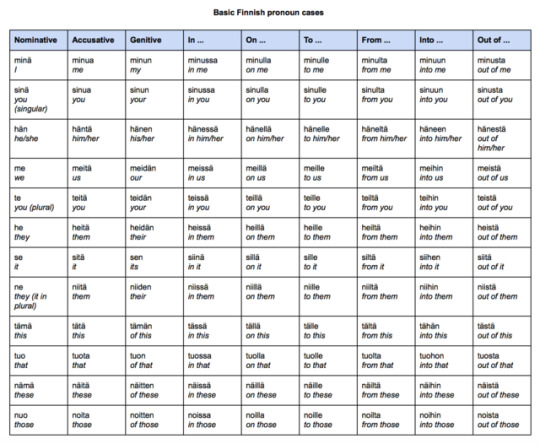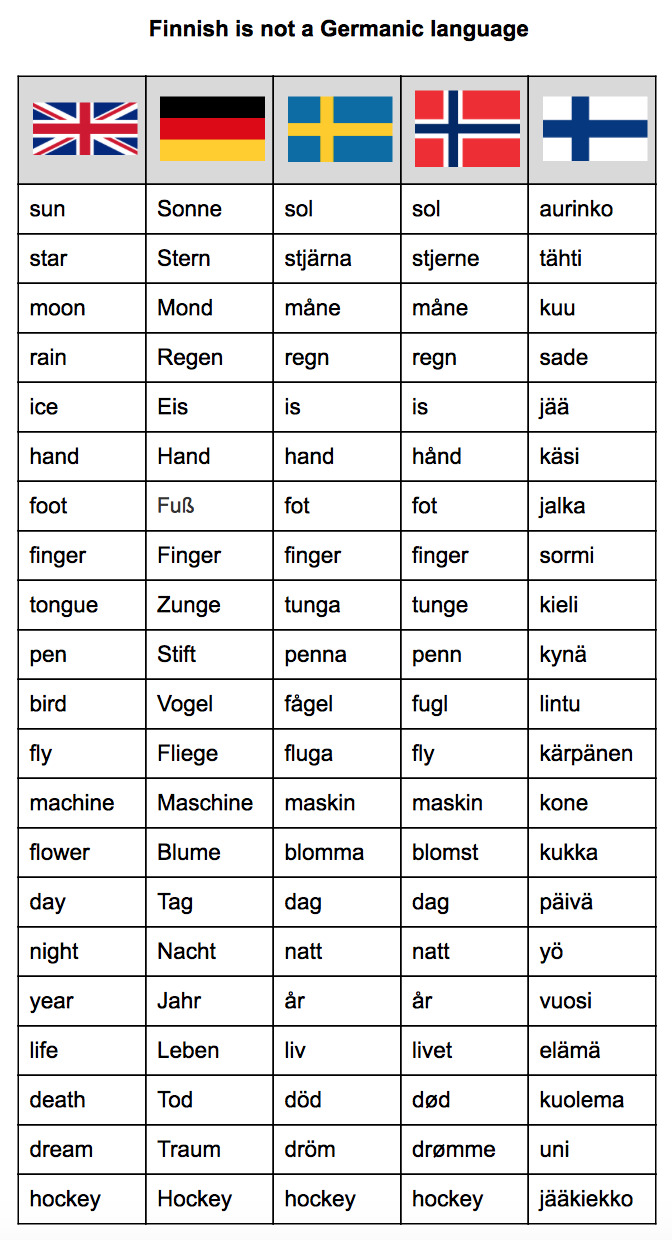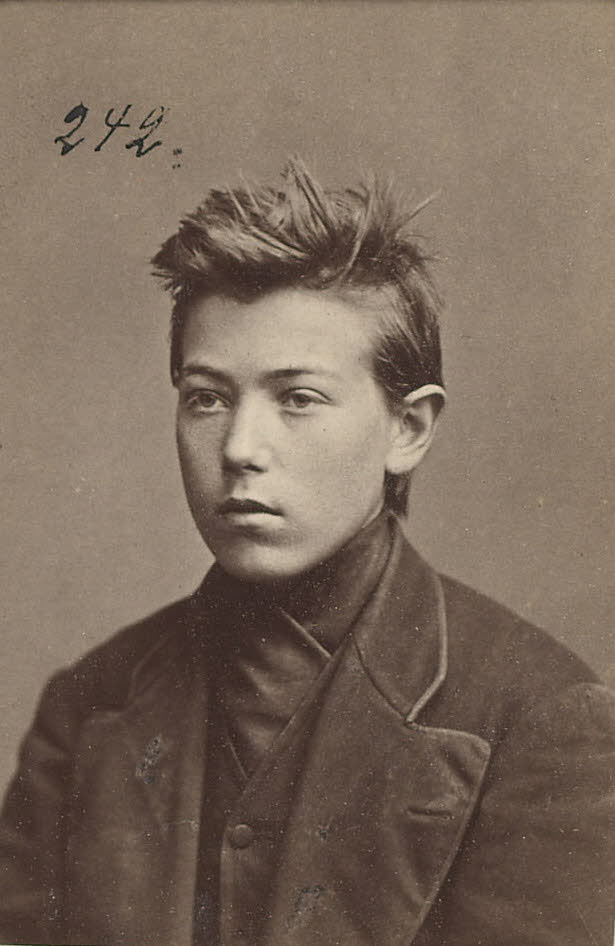Text
Election special
Perhaps this blog is only half-dead; I keep getting new followers and requests, and sometimes a spark of inspiration.
Sweden holds elections every four years, and the upcoming Sunday is election day, so I will explain the basics and give a short glossary.
All residents get an individual ticket called röstkort (vote card) in the mail, which is checked at one’s assigned voting station (typically a municipality building). Once inside, you get three envelopes – one for municipality, one for county and one for parliamentary elections, as all happen on the same day. Non-citizens are not allowed to vote in parliamentary elections. Next, there is a table with ballots called valsedel (election note) from different parties. You pick the ballots you want (and usually ballots you don’t want, to not give away your preference to onlookers). Then you go inside a booth, and put one ballot in each envelope, putting your “decoy” ballots in a wastebasket. Usually each party has a list of candidates on the ballot, and you can choose to mark your favourite candidate. Next, you give your ticket and envelopes to the election workers, who will then count the votes in the evening. Once all votes are counted, seats in the parliament are distributed to the parties in proportion to their election result (although a party must have a minimum of 4% to be allowed into the parliament). Then negotiations start between the parties to form a coalition government, unless one party gets more than half of the seats (which last happened 50 years ago). Suggestions are put forth until one is accepted by the parliament. Usually the winning block forms a coalition government; there is the left-wing block called de rödgröna (the red-green), and the right-wing block called alliansen (the alliance). This time it may become difficult to form a government, as the Nationalist party has grown to become one of the three biggest, but all other parties have sworn to not even negotiate with them. My own guess is that the right-wing alliance (which is comparable to Democrats in the US) will form a government, which will be dependent on the Nationalist vote in parliament, and will therefore be weak. We will see a lot of drama in the news about whether to negotiate or not – Swedish politicians are not exactly known for keeping their promises.
Glossary:
val – election, choice, whale
röst – voice, vote
att rösta – to vote
parti – political party
kommun – municipality
landsting – county council
riksdag – parliament (literally: realm’s day)
fyraprocentsspärren – the four-percent barrier
regering – government (literally: rulership, ruler union)
imorgon är det val – tomorrow is election day
du har inget val – you have no choice
en gigantisk val – an enormous whale
du har en vacker röst – you have a beautiful voice
kasta inte bort din röst – don’t throw away your vote
rösta på mig – vote for me
75 notes
·
View notes
Text
This blog is dead

This blog is now officially dead. Thank you for all your support!
3 notes
·
View notes
Photo

My attempt to make a systematic table of the most common cases of common Finnish pronouns. I’m not an expert so correct me if something is wrong.
Some notes:
The “on” case means technically “on”, such as “sohvalla” which means “on the sofa”, but the most common use is “minulla on X”, which means “I have X” or literally “on me is X”. It can also mean “at”, such as “tuolla” which means “there” or literally “on that”, or “heillä” which can mean “at their place”.
The “out of” case can often mean “in X’s opinion”, as “minusta” can be short for “minun mielestä”, meaning “from my mind”.
Yes, there are some words with double meanings here. häntä = tail, teitä = roads, heitä = throw, tuota = produce, tuon = I bring, noita = witch...
Now we can translate “I love you”. We have nominative “I” which is “minä”, accusative “you” which is “sinua”, the noun “love” which is “rakkaus”, of which the verb form is “rakastaa”, of which the “I ...” form is “rakastan”... so we end up with “minä rakastan sinua”.
61 notes
·
View notes
Note
Where are you from? I think finnish sounds important, or serious rather, than Stockholm dialect/s which sounds bumptious, self-important, to most swedes outside Stockholm, I would say.
West coast of Sweden, and Finnish is my original first language but I'm not so fluent anymore. Yes, you have a point, but I think that reflects the way we see Finnish vs Stockholm mentality, rather than how the languages sound. Both sound serious. PS. Thanks for teaching me a new word; bumptious - very useful!
4 notes
·
View notes
Note
Personally I think that the germanic languages and finnish are both very beautiful
Germanic languages are also beautiful, in the sense that they tell something about the history of the peoples speaking them. Icelandic sounds awesome because it is close to old Norse. Stockholm dialect sounds serious and important. Norrland dialect is very concise, as speaking hurts in cold temperature, and it is beautiful how this relationship to nature forms the language, which in turn defines how we express and think of ourselves. I haven't learned to like Danish, Dutch or Low German yet though. All very nice people, but seriously, spit out the chewing gum. :-)
12 notes
·
View notes
Note
Hi! Love your page because it helps me to learn Swedish as it's forced to learn here :) So when should I use "för" or "till" because someone told me I can't say "Skriv för mig"? Tack!
Thanks! See the link in this post:
https://ordlista.tumblr.com/post/152807535444/för-dig-åt-dig-till-dig
2 notes
·
View notes
Text
Why Finnish is beautiful
My previous post was titled “Finnish is not a Germanic language. It is more beautiful than that.” I would like to explain why I think my mother tongue is so special.
Take a look at the simple words in that table. The Germanic words consist predominantly of single syllables of varying length, which makes the rhythm irregular. Many of the words have harsh sounds, like Stift (pronounced Schtifft), which stop the flow of air through the mouth.
In contrast, the Finnish words consist mostly of two or more short syllables, of regular length, with an even distribution of vowels and consonants. Finnish flows smoothly and rhythmically through the mouth.
Take the word snow for example. Is it one or two syllables long? Can you pronounce the sn gracefully? The Finnish word for snow is lumi, lu-mi, pronounced as in illumination. Would you prefer snow or lumi in metered verse?
Or take the word for horror in German: Schreck. It sounds like grandpa coughing up a blot of tar from his lungs. The Finnish word is kauhu, pronounced cow-who with a short who. It sounds ghastly in a poetic way, like the name of a forest spirit.
Even the ugliest Finnish words don’t sound so ugly. The word for snot is räkä, which is ugly only in the sense that it sounds like the croaking of magpies.
J. R. R. Tolkien invented the Elvish language Quenya to sound refined, and:
Tolkien took an interest in the Finnish mythology of the Kalevala, then became acquainted with the Finnish language, which he found to provide an aesthetically pleasing inspiration for his High-elven language. Many years later, he wrote: "It was like discovering a complete wine-cellar filled with bottles of an amazing wine of a kind and flavour never tasted before. It quite intoxicated me."
You may think that Finnish culture and language means getting drunk and shouting obscenities at a hockey game. There is some truth to that. But even the crudest obscenities flow rhythmically and would lend themselves to metered verse, and sound like they told about survival in arctic climate, of man’s perseverance under the rule and majesty of nature... because that is what it means to be Finnish. That is where the obscenities come from.
117 notes
·
View notes
Photo

Finnish is not a Germanic language. It is more beautiful than that. :-)
122 notes
·
View notes
Note
My grammar book tells me that, in Swedish, a comma is *mandatory* to separate an independent clause from a dependent one, even when the conjunction 'att' is used (for example, "Han vet, att jag är hemma", where "He knew that I was home" would be fine in English). But I can't recall coming across this kind of construction in my 'immersion reading', and am wondering whether it's a rule that is in common use in the current vernacular?
There are no hard rules for comma in Swedish. This article (in Swedish) explains it well.
I would say that this is wrong: "Han vet, att jag är hemma."
And this is right: "Han vet att jag är hemma."
But if you add more clauses, then it is better to separate them with comma:"Han vet, att jag är hemma, eftersom mina skor står i hallen."
Actually it depends on what you are trying to say. In the sentence above, the emphasis is on ”han vet”, while if you remove the commas, the emphasis is on eftersom:"Han vet att jag är hemma eftersom mina skor står i hallen."
And of course, you have to use commas for counting: “äpplen, bananer, tomater och stenar”
11 notes
·
View notes
Text
medveten - conscious
Wiktionary says this about “conscious”:
From Latin conscius, itself from con- (a form of com- (“together”) + scire (“to know”).
Similarly, medveten comes from med (with) + veta (know), so it means literally with-knowing or together-knowing. Related to this, the phrase “veta med sig” (know with oneself) means “be aware of”. It is interesting how medveten and conscious sound so different but have the same literal meaning.
medveten - conscious, aware
omedveten - unaware
medvetslös - unconscious
medvetande - consciousness
att veta med sig - to be aware of
att vara medveten om - to be aware of
40 notes
·
View notes
Text
sinne - sense, mind
Sinne means sense as in the five senses, but not as in make sense or in this sense. It also means mind as in on my mind, but not as in mind the gap.
de fem sinnena - the five senses
ett sjätte sinne - a sixth sense
ett sinne för affärer - a sense (talent) for business
i mitt sinne - in my mind
It is also used in compound nouns:
sinnelag - state of mind
sinnesstämning - mood (of mind)
sinnessjuk - insane (literally mind-sick)
affärssinne - business sense
alkoholsinne - sense for not drinking too much (is there a better translation?)
The five senses:
hörsel - sense of hearing
känsel - sense of touch
syn - sense of vision, view, sight
smaksinne - sense of taste
luktsinne - sense of smell
In verb forms:
att höra - to hear
att känna - to feel
att se - to see
att smaka - to taste (as in taste bad)
att känna smaken av - to feel the taste of
att lukta - to smell (as in smell bad)
att känna lukten av - to feel the smell of
The five sensations:
ljud - sound
beröring - touch
ljus - light
smak - taste
lukt - smell
153 notes
·
View notes
Note
same person w the att/till question, when would you use "man" for you and not du/dig
You use man only for general statements, the same as one in English.
man måste vara försiktig - one has to be careful
In English one can use you for general statements, like “you have to be careful”, but if you say “du måste vara försiktig”, then it is assumed (more than in English) that you address a specific person, so it is better to use man.
PS. Man also means man, so there are puns that go like this:
Husband: Man borde städa här. (This place needs cleaning.)Wife: Ja, man borde städa här. (Yes, man should clean.)
15 notes
·
View notes
Note
so i have a theory that "att" is used more for infinitives like "to run" or "to play" and "till" is used more for movement or progression? in a way like "we are going to" or "you need to jump" weird sentences lol and probably really wrong assumptions but if you could clear up the difference, if there is one, between att and till that would be rlly helpful!
It is like you say. Att is used for “to do something”, and till is used for destinations, like “go to the store” or “a letter to the president”.
att sjunga - to singgå till affären - go to the storeatt gå till affären - to go to the storeett brev till Maja - a letter to Majaatt skriva ett brev till Maja - to write a letter to Maja
9 notes
·
View notes
Note
Granted, I'm studying Norwegian and not Swedish, but in Norwegian we have the words "både" and "begge". Which look like the cognates for "båda" and "bägge". As you said, you use "både...og" as "both", mostly used when you list things out. So "Jeg har både en katt og en hund" But for begge it is a way to say both but not actually use the nouns, often as a response to a question. "Har du en katt eller en hund?" "Jeg har begge deler." "Møtte du Jon eller Kjetil?" "Jeg møtte begge to."
Yes, it’s the same in Swedish.
4 notes
·
View notes
Photo

I’m researching the ancestry of Per Gessle. :-)

Mugshot of Fredrik Wall, 1873, Sweden. He was arrested for theft and burglary. He’s referred to as an “extraordinarily bold burglar.”
73 notes
·
View notes
Note
What is the difference between bägge, både and båda?
All of those words mean both.
When you mention two things, you use både:
både äpplen och apelsiner - both apples and oranges
Otherwise, you use båda:
båda fingrarna - both fingers
I think bägge is dialect, it means båda but is easier to pronounce.
18 notes
·
View notes
Note
What does "vad sägs om...?" Mean?
Literally it means “what is being said about...”, but it is a rhetorical question, meaning “would you like...”.
10 notes
·
View notes